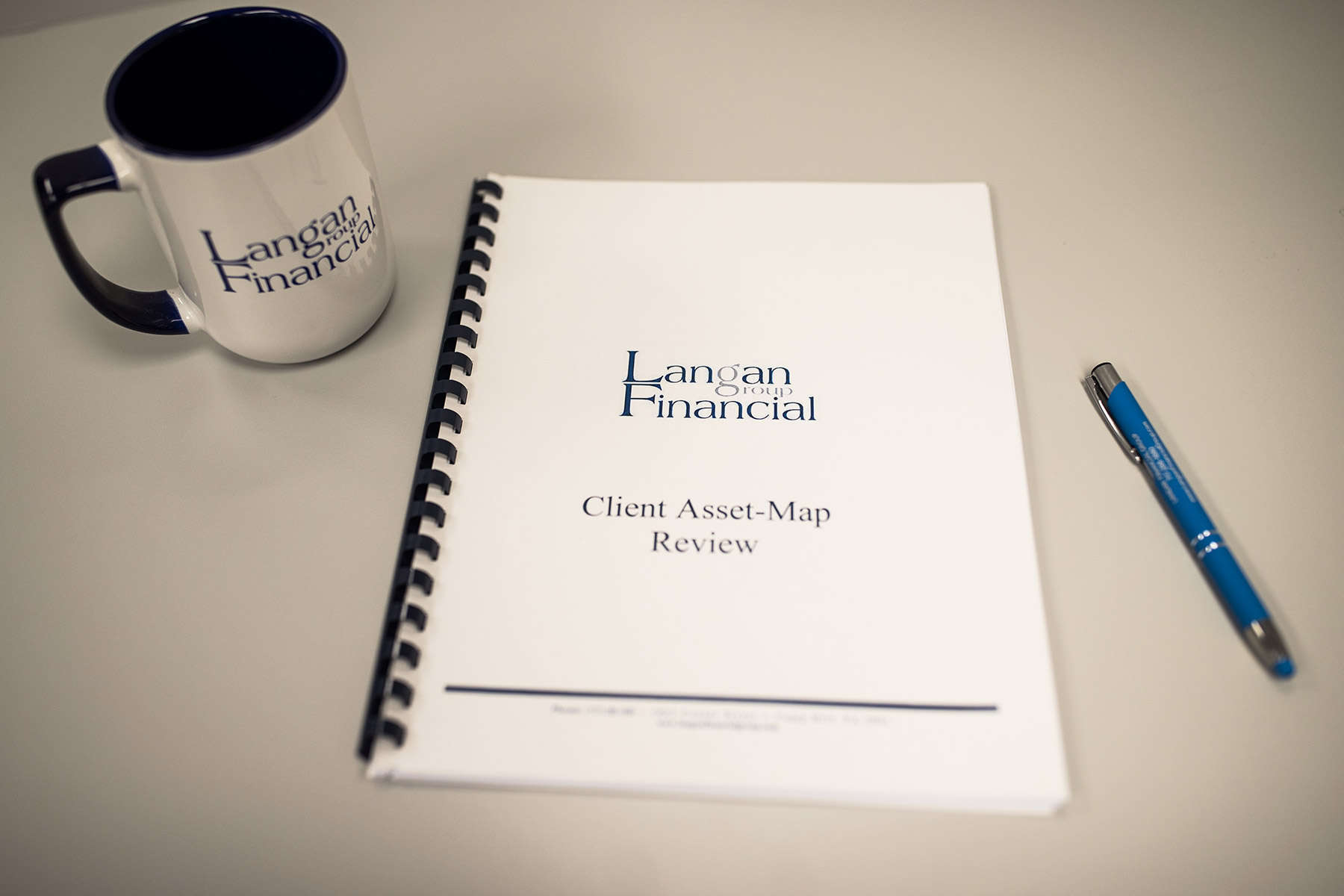In today’s challenging economic climate, many parents find themselves financially supporting their adult children. A recent study by Savings.com revealed that nearly half of parents provide monetary assistance to their grown kids, spending an average of $1,474 per month.
While this support often stems from love and a desire to help, it can lead to long-term financial strain for parents and foster dependency in children.

Why Parents Support Adult Children
Parents often step in to help due to rising costs of living, student loan debt, and stagnant wages. However, this assistance can come at a cost:
- Retirement Sacrifices: 58% of parents in the study reported sacrificing their own savings or retirement plans.
- Dependency Risks: Prolonged financial support may prevent adult children from learning essential money management skills.
How to Avoid Financial Dependency: Best Practices
If you’re a parent considering financial support for your adult child, here are some strategies to prevent dependency:
1. Set Clear Boundaries Early
- Define what you’re willing (and not willing) to pay for before your child becomes financially independent.
- For example, agree to cover tuition but not post-graduation living expenses.
2. Encourage Financial Literacy
- Teach your child budgeting, saving, and investing skills early in life.
- Provide tools like budgeting apps or books on personal finance.
3. Promote Independence
- Encourage part-time jobs or internships during high school or college.
- Avoid rescuing your child from every financial hardship; let them face consequences and learn resilience.

How to Stop Supporting Adult Children: Tips for Pulling Away
If you’re already providing financial assistance, it’s never too late to make changes. Here’s how you can transition:
1. Develop a Gradual Exit Plan
- Reduce financial support incrementally over time. For instance, if you’re paying rent, give a timeline for your child to take over payments.
2. Communicate Openly
- Have honest discussions about your financial limits and the importance of their independence.
- Frame the conversation around mutual respect and shared goals.
3. Formalize Agreements
- Create written agreements outlining what expenses you’ll cover and for how long. This clarity prevents misunderstandings.
4. Shift Support to Guidance
- Instead of giving money, offer advice on managing finances or finding additional income sources.
5. Prioritize Your Financial Health
- Protect your retirement savings and personal goals. Remember: securing your future ensures you won’t become financially dependent on your children later.

Common Questions Parents Ask
Q: When should I stop financially supporting my adult child?
A: Ideally, once they have completed education or training and secured stable employment. Set a clear timeline for transitioning away from support.
Q: How do I know if I’m enabling my child?
A: If your financial help prevents them from seeking employment, budgeting effectively, or taking responsibility for their expenses, it may be enabling rather than helping.
Q: What if my child resents me for pulling back?
A: Open communication is key. Explain that this decision is about fostering their independence and protecting your own financial health.
Final Thoughts
Supporting adult children financially can feel like the right thing to do in the short term but may have long-term consequences for both parties.
By setting boundaries early or transitioning away from support thoughtfully, parents can empower their children while safeguarding their own future.
Remember: teaching independence is one of the greatest gifts you can give your child—and yourself.
About the Financial Planning Author

Alexander Langan, J.D, CFBS, serves as the Chief Investment Officer at Langan Financial Group. In this role, he manages investment portfolios, acts as a fiduciary for group retirement plans, and consults with clients regarding their financial goals, risk tolerance, and asset allocation.
With a focus on ERISA Law, Alex graduated cum laude from Widener Commonwealth Law School. He then clerked for the Supreme Court of Pennsylvania and worked in the Legal Office of the Pennsylvania Office of the Budget, where he assisted in directing and advising policy determinations on state and federal tax, administrative law, and contractual issues.
Alex is also passionate about giving back to the community, and has participated in The Foundation of Enhancing Communities’ Emerging Philanthropist Program, volunteers at his church, and serves as a board member of Samara: The Center of Individual & Family Growth. Outside of work and volunteering, Alex enjoys his time with his wife Sarah, and their three children, Rory, Patrick, and Ava.
About Langan Financial Group: Financial Advisors
Langan Financial Group is an award-winning financial planning firm with offices in York, Pennsylvania and Harrisburg, Pa.
With over 100+ 5-star reviews, Langan Financial Group is an independent financial planning firm established in 1985, offering a broad range of financial planning services.
With an open architecture platform, our advisors have access to a diverse range of products, free from any sales quotas.
Our team of 9 financial experts, each with unique specialties, enhances our ability to focus on delivering value to our clients.
Disclosure
The content is developed from sources believed to be providing accurate information. The information in this material is not intended as tax or legal advice.
Please consult legal or tax professionals for specific information regarding your individual situation.
The opinions expressed and material provided are for general information, and should not be considered a solicitation for the purchase or sale of any security.
Securities offered through Cambridge Investment Research, Inc., a Broker/Dealer, Member FINRA/SIPC.
Investment Advisor Representative, Cambridge Investment Research Advisors, Inc. a Registered Investment Advisor. Cambridge and Langan Financial Group, LLC are not affiliated.
Cambridge does not offer tax or legal advice.




